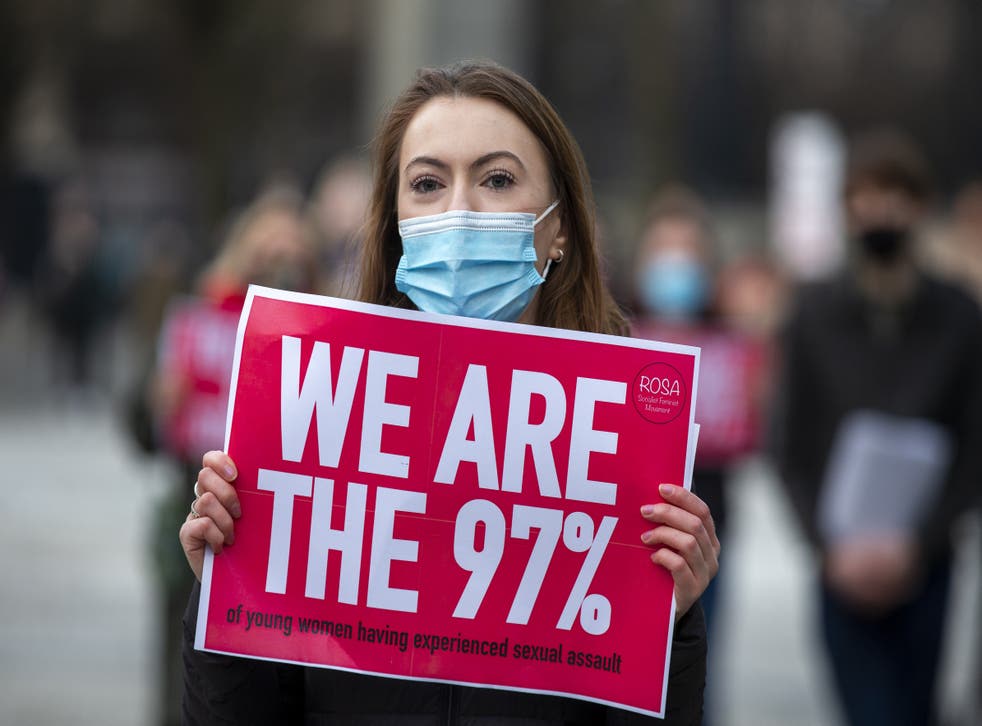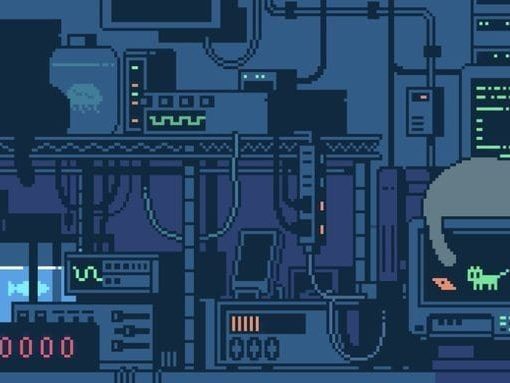Recently, I have become uncomfortable with my comfortable existence. After reflecting on the discourse of my life, I have realized that I had become content with the social norms that have been engrained in me as core values since I was a small child. I was taught to be feminine, but not too feminine. I was always told how important education was, but would always feel slightly overlooked when attempting to express my intelligence. I was told that it was important to have male friends, but not too many or else people may get the wrong idea about what kind of person I am. I was continually told to smile if my face was resting, and I would oblige. Why? Who was I trying to impress? Why did I feel as though I had to smile for no reason, especially if I did not feel like it? Why did it bother me so much to feel as though I had to keep my opinions to myself, especially if I did not agree with someone when they were talking? Unfortunately, we have normalized a culture where women need to fit into a tidy definition of what is acceptable. We have constructed ideas that are specifically designed to leave a large majority of us on the sidelines. In 2016, Erin Wunker published Notes from a Feminist Killjoy: Essays on Everyday Life. This text explores the concept of the feminist killjoy, patriarchal culture, and what it means to be discontent with how normalized our everyday experiences have become. If you are a feminist, this article is for you. If you are not a feminist, perhaps you should read this twice.
First and foremost, let me begin by stating that I am not a bra-burning, man-hating woman. I wear a bra, I love men. I identify as a white, cisgender female who comes from a middle class family, attends university, and has good friends, a nice boyfriend, and more privilege than many other people in the world. By means of the Westernized definition of what it means to be normal, I fit neatly into this category. However, it is important to acknowledge and understand the struggles that others are faced with, further exploring how normalized western behaviors have had such a negative impact on those, including myself, who have felt a burning discontent about the status quo and the ways in which we live our everyday lives.
As a starting point, Wunker’s definition of patriarchy is necessary. She defines patriarchal culture as a culture in which masculinity- in people and in things- is privileged as inherently foundational to other states of being. In a patriarchal culture, systems, institutions, and social interactions reinforce this hierarchy. When you live in a patriarchal culture, as in any culture, you begin learning its rules and regulations, as well as the way you fit into them, almost immediately. It’s important to note that patriarchal culture is not an equitable culture (19). The definition of a patriarchal culture is not aimed at attacking all men, as many men do not fit neatly into this definition either. Patriarchal culture was a bi-product of upper class, white males. It was a means to an end; a way to ensure the status quo favored their way of life. However, its affects are extremely damaging. We are all born different, but end up inherently the same. We have continued to perpetuate this normalized cycle, further suppressing the majority of the population to favor a few. We have become comfortable within the means of our controlled existences. Thus, the birth of the feminist killjoy.
Wunker: The feminist killjoy takes pleasure in the works of interrupting the patriarchal norms that pass as joys. She is someone whose existence makes sense when we situate her within the context of an intersectional feminist critique of happiness (44). The feminist killjoy is not content with the current status quo; she pushes for equality and ignores the norms that are continually thrust upon her. When I was younger, I would often find myself remaining quiet in conversations that would bash feminist motives, often portraying them as violent and man-hating. I was scared to speak out about my burning need for equality. I wanted the unequivocal respect that is felt between two men when they meet, I wanted to be viewed as human, as an equal. I still want these things. I am not sure when I became more open and comfortable with being a feminist killjoy, but I want to try and make a difference, I want to try and change the conversations we are having today.
Many women are content with claiming that they are not feminists in order to avoid uncomfortable conversations and exchanges in their daily lives. However, how can these claims be made when we continue to reap the benefits of the women who came before us? When we step into the voting booth, when we wear skirts that are cut above the knee, when we are given equal opportunity to enter the workforce and the education system we often forget that these opportunities were granted to us through the hard work and suffering of the women who came before us. In today’s society, it is crucial to remember that, although we are all in some ways different, our struggle is the same. As Chimamanda Ngozi Adichi said, men and women, all of us, need to work together to change the conversations we are having with children today. We need to ensure that they are valued, and that they know how important individual expression outside of social constructs are. To be a feminist is to believe in equality for everyone, it is to strive for a world of equal opportunity, of acceptance, of love for everyone. Perhaps this is overwhelming to some, but to many, it is an opportunity to fight for social justice and equality for every individual.
For reference, please pick up a copy of Erin Wunker’s work.
Erin Wunker, Notes from a Feminist Killjoy: Essays on Everyday Life (Toronto: Book Thug, 2016), 7-204.



